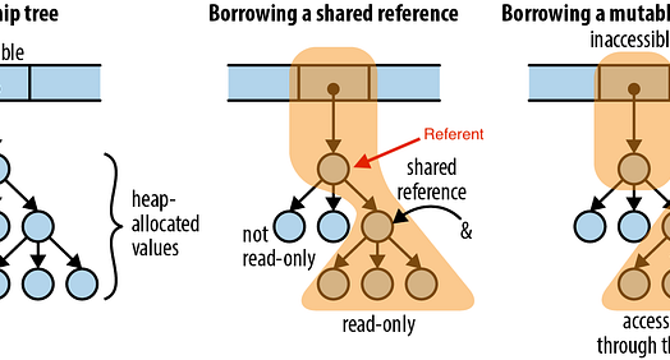Medium
1M
189

Image Credit: Medium
How I Leveraged C Learning to Understand Rust Better
- The author initially thought they understood Rust after years of Python but realized their understanding was superficial.
- After learning C, they gained a deeper understanding of memory operations, transforming Rust's ownership system into a coherent mental model.
- Experiencing compiler errors in Rust led to a realization of the importance of proper grammar and practices like the borrow checker and ownership rules.
- Lessons from C, such as memory leaks and double-free issues, gave the author a newfound respect for Rust's protection mechanisms.
- Visualizing memory operations post-C experience helped the author comprehend Rust's restrictions and prevent memory invalidation.
- Understanding lifetimes as valid regions of code and the significance of lifetime annotations in Rust improved the author's code design and safety.
- Smart pointers like Rc
and Arc with RefCell in Rust were seen as controlled safety valves after the C experience. - Designing memory flow became a priority in Rust, ensuring safe memory handling and preventing memory bugs.
- Understanding memory fundamentals, as learned through C, transformed Rust's ownership system from an obstacle into a superpower.
- Building confidence in Rust's error-free code through mathematical guarantees made the journey through C to Rust transformative for the author.
Read Full Article
11 Likes
For uninterrupted reading, download the app